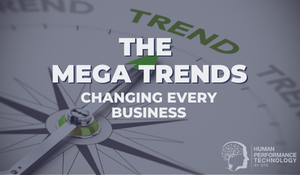When Culture Wins the Game
Gunpei Yokoi was an electronics graduate who landed a job at Nintendo in 1965, which was a small card-making operation in Kyoto, Japan at that time. The heart of Yokoi’s philosophy was putting simple technology to use in new ways that no one else considered. He called his approach “lateral thinking with withered technology.”
Following Yokoi’s approach, Nintendo had much success with Game & Watch models (like Donkey Kong that sold 8M units) and Game Boy (sold over 118M units). The technology was not cutting edge - in fact, it was old - but for what it lacked in technology, it made up for in user experience.
Following his success, Yokoi felt fortunate to have NOT joined an established electronics company with entrenched solutions because his ideas would have been thwarted. He created a culture where he and others could speak without fear. He noted that once you hear, “Well, it’s not really my place to say…” in a meeting, then it’s all over!
If your organisation’s culture reinforces adhering to entrenched solutions, here are some ways to break the status quo:
- Customer conversations - understand your customers’ challenges and what they want most. Give the customer a voice and power.
- Data - if you have access to clean and meaningful data, analyse the figures to optimise your strategy. Let data drive decisions. Consider these 5 Eye-Opening Tips to Develop a Data-Savvy Business.
- Ask the right questions - Asking “Why?” is one of the most powerful questions to ask when challenging the status quo.
Does your organisational culture embrace new ideas or maintain the status quo - and more importantly, is that working? Talk to us about a review of your culture and your opportunities for growth!
Reference
This Nintendo case study is part of a series of posts we’re sharing from the book Range: How Generalists Triumph in a Specialised World by David Epstein.

Temre Green, PhD
Head of Consulting Services, Australia & New Zealand. Temre has designed, planned and delivered business strategy and transformation programs that were driven by a range of factors, such as innovation, growth, compliance, regulations, restructures and economic downturns. As an Industrial-Organisational Psychologist, Temre has spent her career dedicated to organisational behaviour and the work environment. She is currently focused on the future of work and multiple areas of organisational development that support organisational growth and health.



We Would Like to Hear From You (0 Comments)